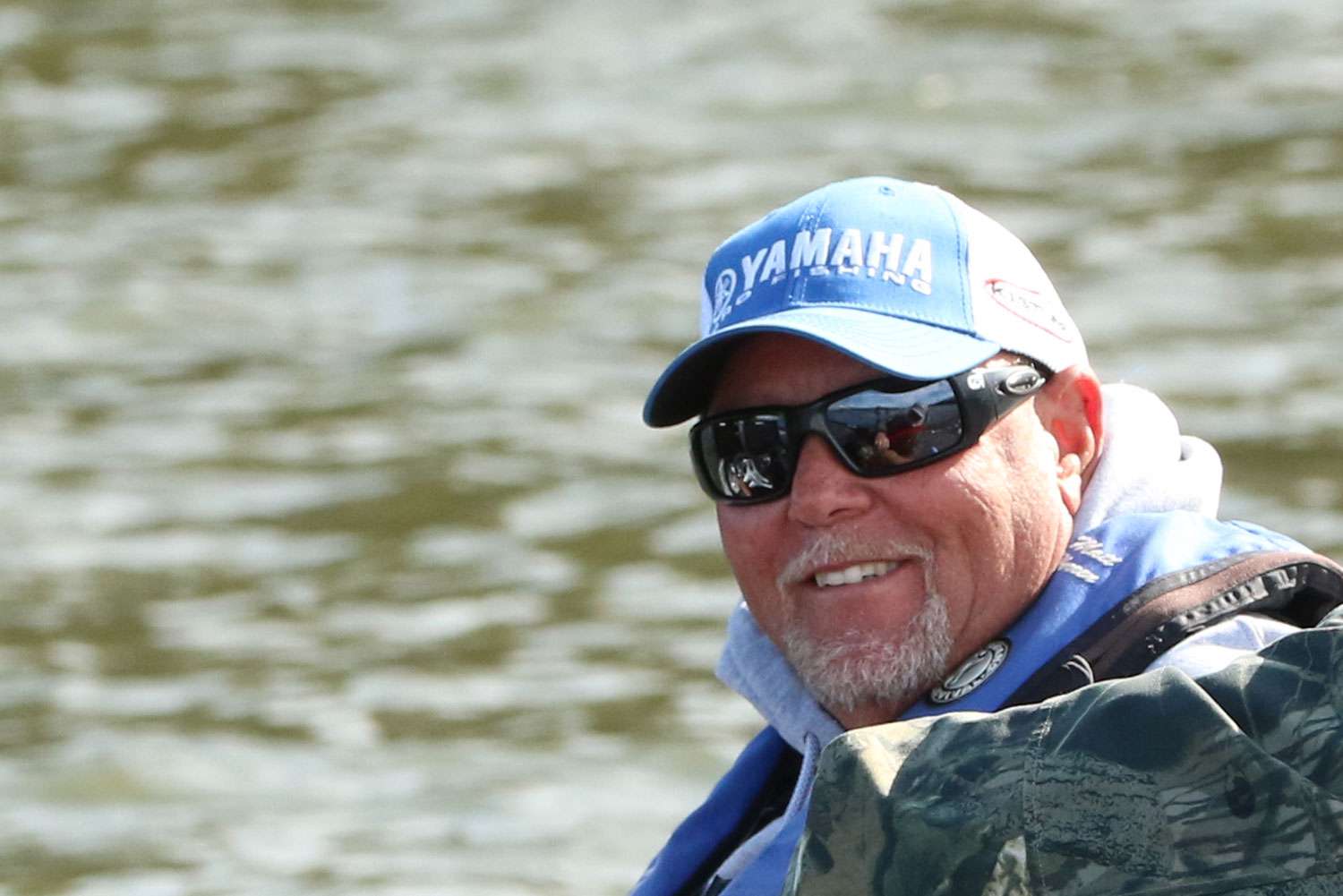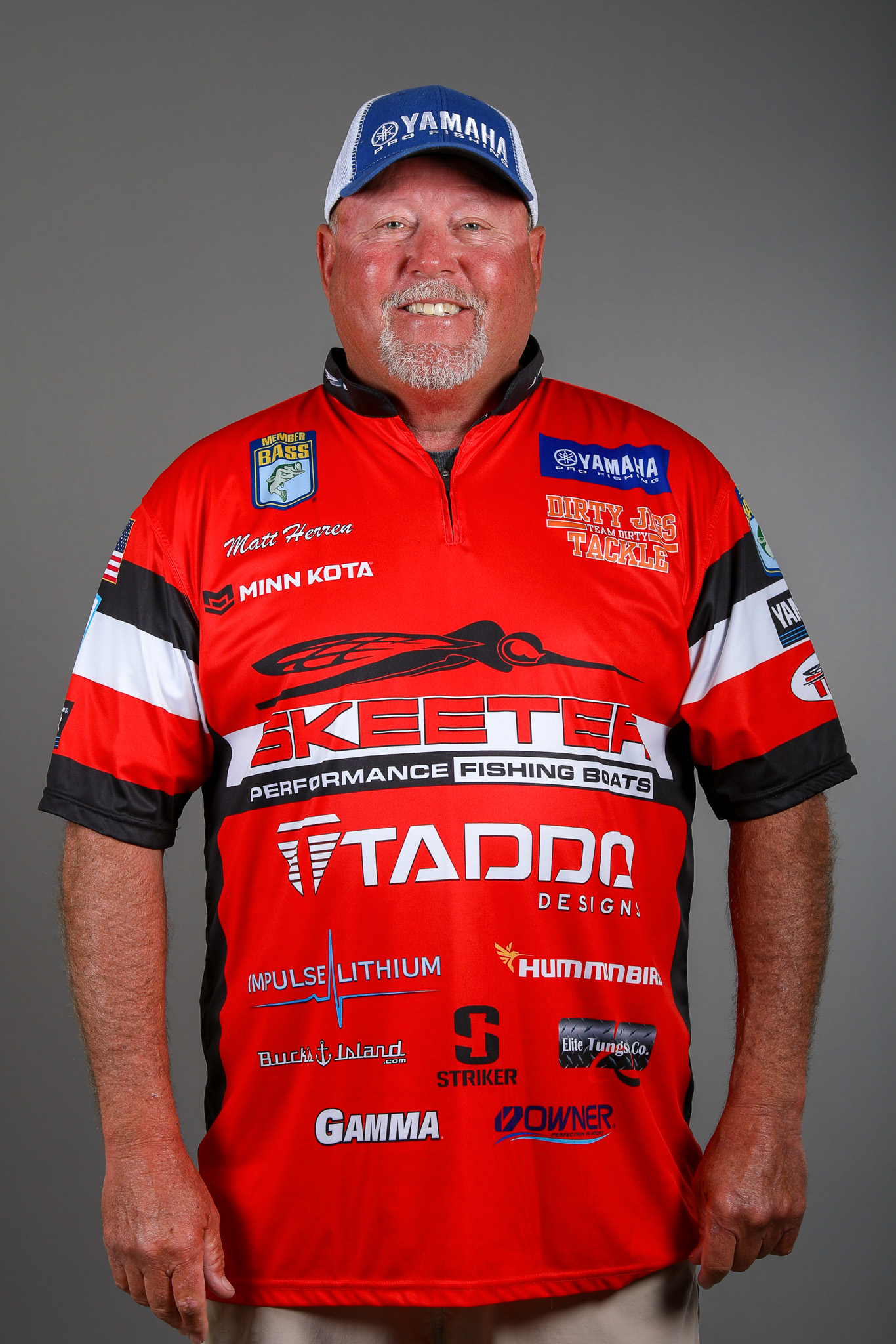
I think the first two tournaments on the Bassmaster Elite Series this year were the best two weeks I’ve experienced since I’ve been fishing B.A.S.S. That statement may sound strange for someone who opened the season with a 56th place finish at Florida’s St. Johns River before placing 17th at Georgia’s Lake Lanier. But let me explain.
As everyone knows by now, the Elite Series and all of professional bass fishing look different than they did a year ago. Going into this season I honestly wasn’t sure how all the changes would affect the Elite Series and what the future held for this sport. But with two tournaments in the rearview mirror I believe the shakeup was good for us all. Professional fishing is no different than any other profession or career in that things become status quo and stagnant. Most of the time it takes a big event or shakeup to bring about change, and change it has.
From all the fans that attended the first two events to the fans that followed along on the internet to all the anglers and the B.A.S.S. staff, I want to thank everyone for the passion and excitement at these first two tournaments. I believe the rest of the 2019 season will be special. One of the things that made me aware of how special this season will be occurred at Lake Lanier when I camped beside Elite Series rookies Patrick Walters and Luke Palmer. It made me realize that the shakeup has given some good young anglers an opportunity for a career in B.A.S.S. I could see the excitement in their eyes and feel their energy. I fed off of it.
As for the fishing itself, I was concerned going into the first two events because of the volatile weather patterns we’d seen all winter. It had been very cold and wet in Florida, and it had been warmer than average and extremely wet in Georgia.
The loss of the eelgrass in the St. Johns River coupled with a week of warmer temperatures really brought those fish to the bank during the tournament. I took a safe road at the St. Johns. Practice was tough for everybody. The first two days were cold. But then it started warming up and everything was changing fast. I was not patient. I was one of nine guys who locked into Rodman Reservoir on Day 1. I still don’t understand what happened. I had one really good practice day punching mats in Rodman. But when I got there on the first day of the tournament, those fish were gone.
I figured it was a classic Florida deal, and they’d just moved to the lily pads. I really thought they were coming to me. I caught 12 or 13 keepers, but they were all males. I weighed 13 1/2 pounds. I just knew the females were coming on Day 2. But at 1 o’clock I had four little rats in the boat and came back to Lake George to salvage my day. However, it was too late.
These early season tournaments are all about change. I went into the tournament at Lake Lanier hell-bent on fishing deep. I’ve gotten real comfortable fishing deep. But the reason why there wasn’t a dominant deep pattern was because the same warm front that hit the St. Johns River scattered those deep schools of fish at Lake Lanier. After two days of practice it became obvious that the deep deal wasn’t the dominant pattern, and I had to adjust, where I didn’t adjust at the St. Johns River.
As I figured out what the fish were doing – relating to channel swings with broken rock – I remembered an area I’d fished in an FLW tournament in 2006. In that tournament the lake was 6 feet lower than it was this year, and I was catching them by burning a spinnerbait over the top of the broken rock. Even though I hadn’t practiced it, I thought that might be the perfect place to start my day by throwing a SPRO Rk Crawler 55 crankbait.
And it was. I had a limit in the livewell after five casts. It wasn’t a big limit. I was in 40th place with 13-3 at the end of the day. On Day 2, I found some bigger fish there, weighed 15-13 and moved up to 15th place. I dropped two places after weighing 14-8 on Day 3.
Anytime you finish in the top 20 in an Elite Series tournament, it’s a good feeling. Particularly after some poor decisions the week before, I left Lake Lanier feeling confident about the rest of the season. And I learned a lesson there. I’ve been making mistakes at times by refusing to fish the stuff I know. You don’t necessarily want to fish your history on any body of water, but it’s important to review that history and see if it still applies. That’s exactly what happened at Lanier.
I was worried about these first two tournaments for a lot of reasons. But after these first two events, I feel very good about the rest of the season and the future of B.A.S.S.

